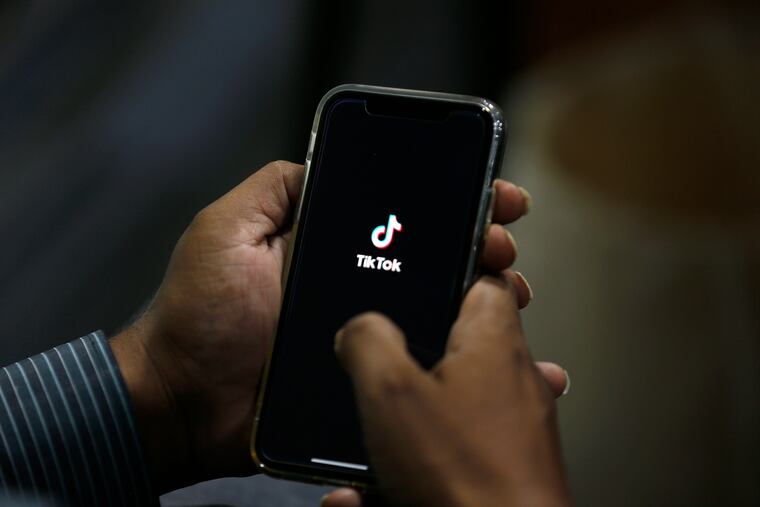Trump’s TikTok worries are grounded in xenophobia and fear | Opinion
The president’s proposal to ban TikTok looks very much like childish retribution with a dash of racism.

Cybersecurity policy has become a battleground for nations flexing soft powers — think of Huawei, Kaspersky, and ZTE — but, as with President Donald Trump’s recent calls to ban TikTok from the United States, the real motivations are often dangerously flawed and grounded in xenophobia.
At first glance, who could argue with the idea that China having access to the data of millions of Americans is a national security concern? And that TikTok was caught capturing clipboard data (i.e., data we cut and paste) does not look good at all. But clickbait headlines should not be setting the technology policies of the United States.
As it turns out, viewing clipboard data was a feature Apple created to fight repetitive spam posts. And the March report that made headlines about TikTok snooping on this data actually named over 50 apps that did exactly the same. TikTok ceased this practice, but according to the updated report, other apps that continue to access clipboard data include Fox News, the New York Times, and the Wall Street Journal, among others.
Other salient facts include that TikTok does not store American data on Chinese soil, employs a large and significant American workforce, is run by an American CEO, and has taken overt steps in Hong Kong to distance itself from Chinese government security policies.
None of this negates that TikTok aggressively collects data on Americans. But so does Facebook, Google, Amazon, and nearly every app on the phones of hundreds of millions of Americans. This means that if China really wants this data, then China can buy it from any number of data brokers. The problem is not TikTok; the problem is the practice of surveillance capitalism in general.
The ease with which nearly anyone can acquire data on Americans is, pure and simple, a symptom of the shambolic and shameful way we have neglected privacy and data governance in the United States. Banning TikTok is an example of the classic platitude of treating the symptom and not the disease. Before we start banning apps for the very vices that have sustained massive profit margins for our own technology sector, perhaps we need a hard look in the mirror about the ethics, sustainability, and security concerns of our own industries.
With this disparity in mind, the president’s proposal to ban TikTok looks very much like childish retribution with a dash of racism. It was, in some measure, an army of K-pop fans on TikTok that sabotaged Trump’s campaign rally in Tulsa, Okla. The trenchant videos of Sarah Cooper lip-synching to varied and ridiculous Trump statements spread from TikTok to every major platform on the planet. Add to this increased anti-Chinese sentiment because of the coronavirus (and the way the president talks about it), and one can see why in the mind of the president, banning TikTok looks like a great way to punish detractors while simultaneously energizing his political base.
The president’s change of heart on an immediate ban — and his attempt to shift focus to the frankly bizarre request that the U.S. Treasury get a piece of the sale proceeds — is rooted in his fear that this ill-conceived policy is likely to backfire with young voters.
The wave of protests and social justice movements are indicative of the power, importance, and necessity of digital community to young persons in America, which when threatened will undoubtedly ensure something the president wants to avoid: young people going to the polls and organizing. Already on TikTok and Twitter can one see the seeds of rebellion growing. Trump has very likely thrown a match that could ignite a wildfire of opposition sealing his fate as one-term president and is now backing away, quickly.
Alexander J. Urbelis is a lawyer and cybersecurity expert. Currently a partner in the Blackstone Law Group in New York, Alex has also been acting CISO of the NFL, chief compliance officer of luxury conglomerate Richemont, and worked in defense and intelligence roles for the U.S. government. @aurbelis